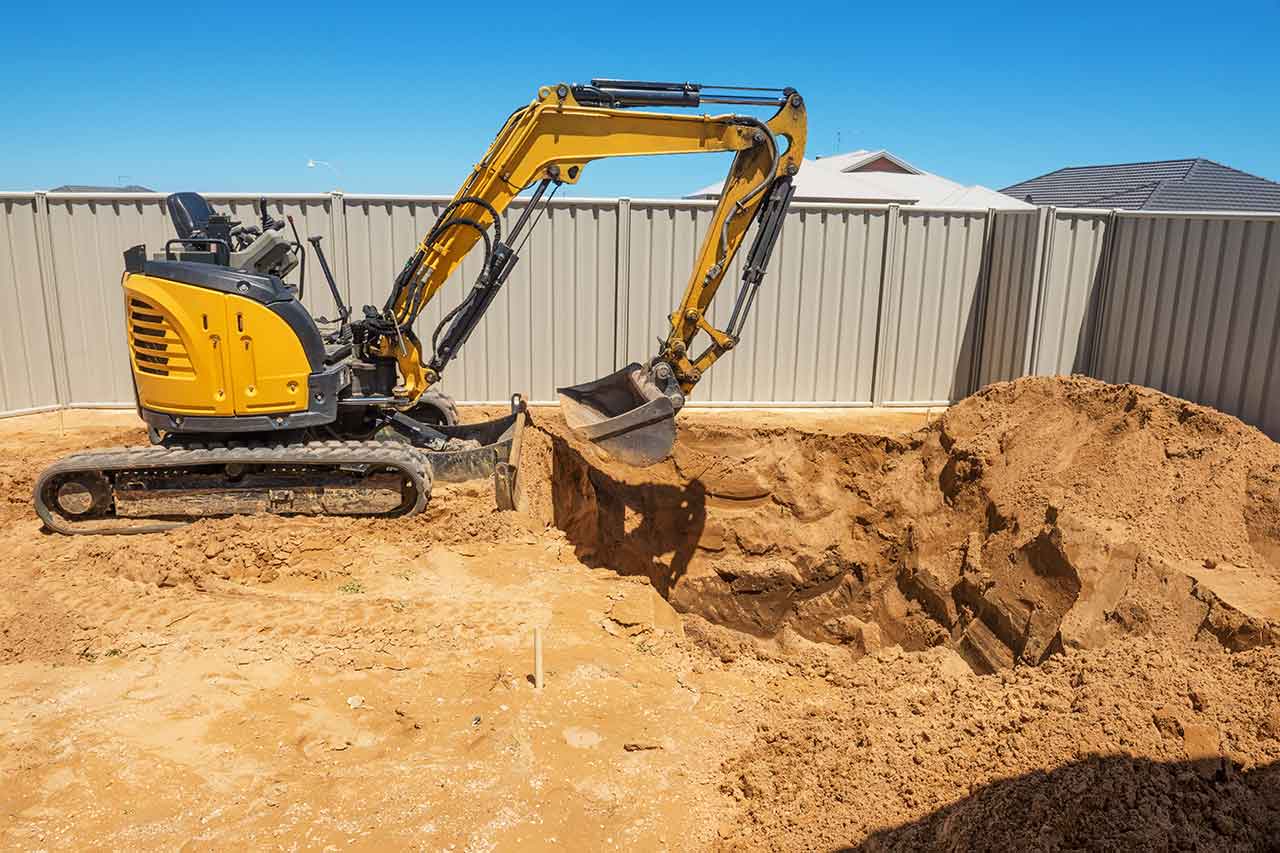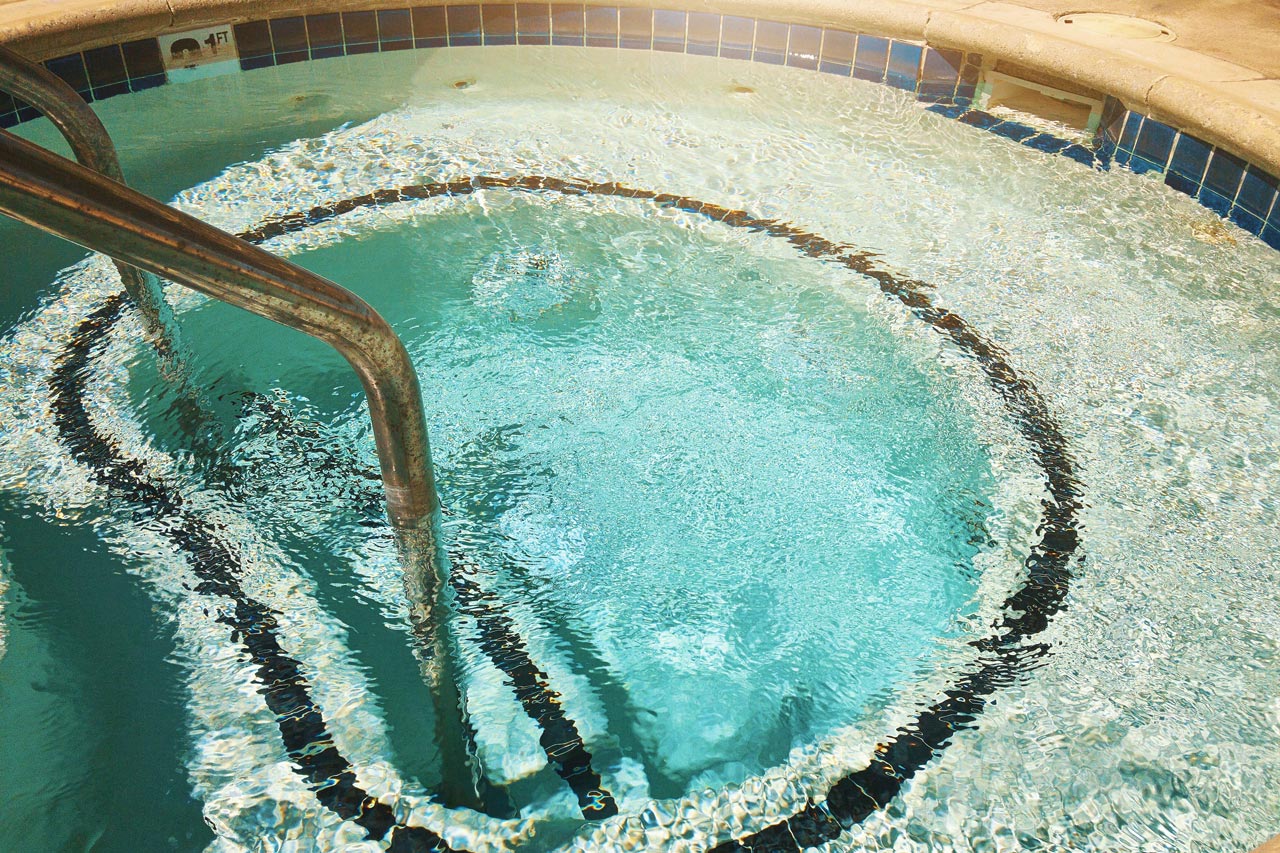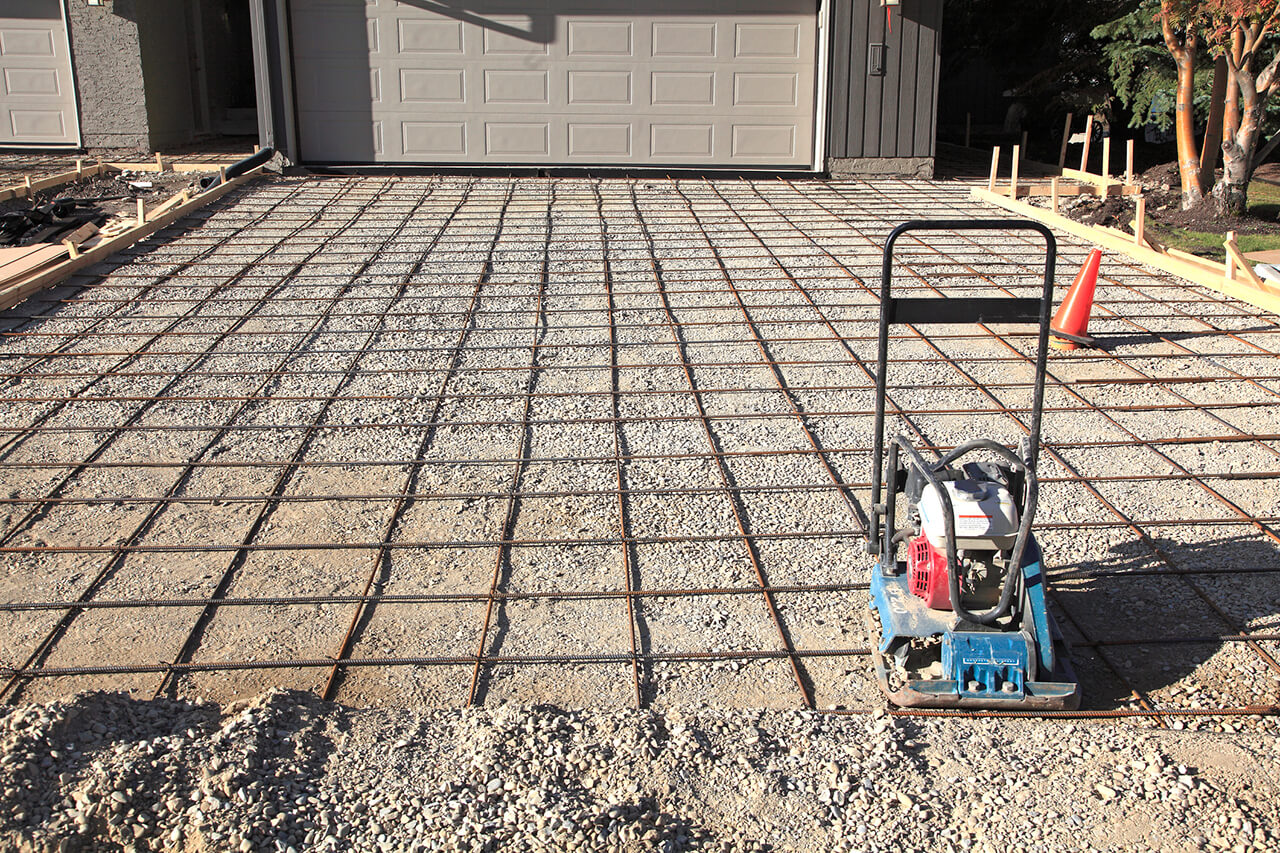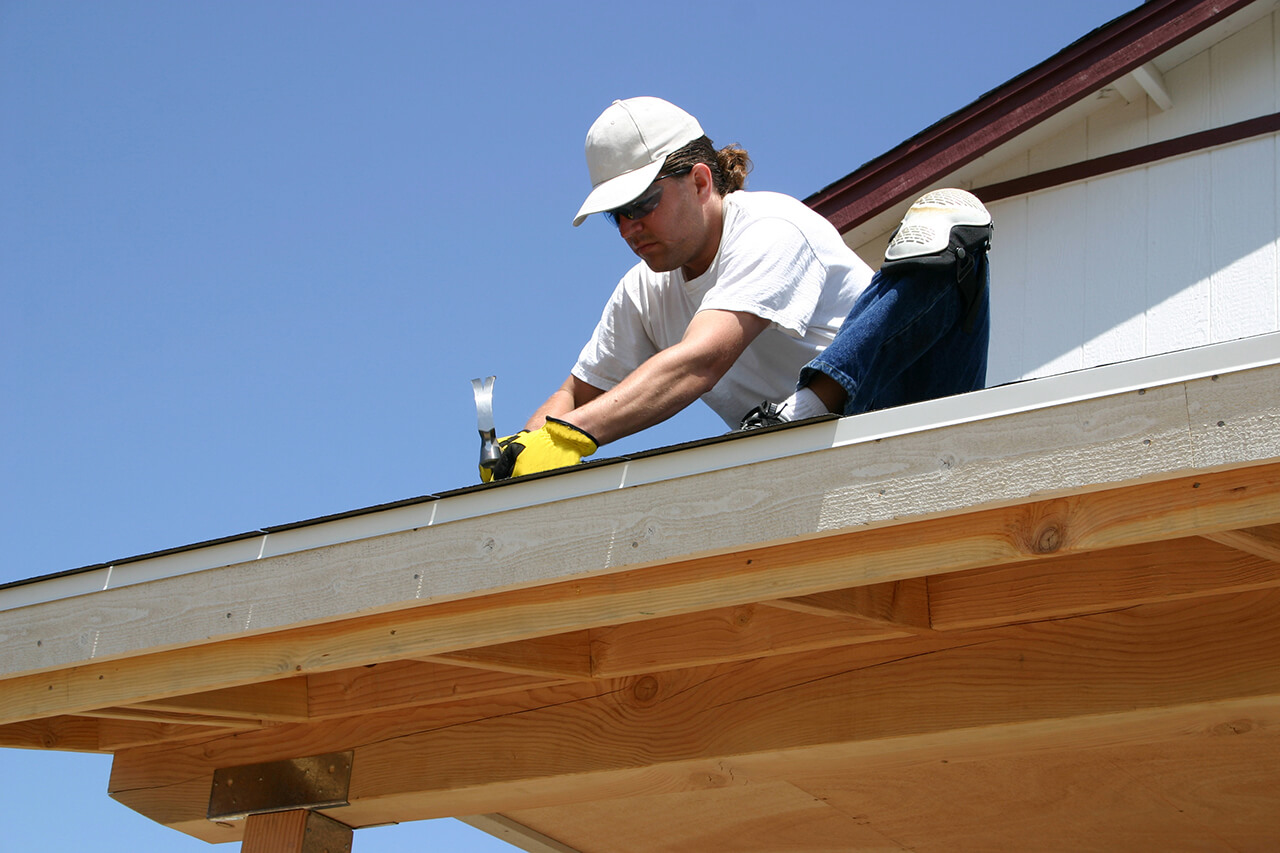How Much Does Pool Excavation Cost in 2025?
Pool excavation costs an average of $2,500


Pool excavation costs an average of $2,500, with most homeowners paying between $500 and $3,020.
Excavating a pool out of rocky ground can easily triple or even quadruple the final price of excavation.
Labor is the main cost factor in pool excavation, accounting for 70% to 80% of the total project cost.
You can save money on pool excavation by repurposing soil instead of paying for disposal, hiring pool builders in the off-season, and choosing an accessible location on your property for the pool.
This article was updated using automation technology and thoroughly reviewed for accuracy by HomeAdvisor Editor Ryan Noonan.
Most homeowners spend an average of $2,500 on swimming pool excavation, with costs ranging from $500 to $3,020. For large or custom pools, the price can reach up to $4,500. Excavation costs depend on factors like accessibility, location, and ground material.
If your pool site is easily accessible in an urban area, you might pay less than $2,500. However, properties in remote locations or with challenging terrain, like rocky hillsides, can face significantly higher costs due to additional labor and transportation fees.
In-Ground Pool Excavation Cost Factors
Excavation costs are primarily labor-related, with minimal equipment and overhead fees. Below are key factors that influence the cost of in-ground pool excavation. These factors include permits, site accessibility, the shape of your pool, time of year, and rerouting utilities.
Pool Size
Pool size is a key cost driver in your total price. Expect to pay between $8 and $25 per cubic yard for pool excavation. Based on an average depth of six feet, here are some average pool excavation costs.
| Average Pool Size (Feet) | Cubic Yards of Dirt | Average Cost Range |
|---|---|---|
| 12x24 | 64 | $1,100 |
| 16x32 | 114 | $1,930 |
| 20x40 | 178 | $2,030 |
Ground Material
The type of ground material significantly impacts excavation costs. Excavating rocky ground can be considerably more expensive. In solid stone, you might even consider incorporating the stone into your pool design, though natural pool installation costs are nearly double those of traditional pools.
| Ground Material | Cost per Cubic Yard | Considerations |
|---|---|---|
| Rocky ground | $40–$100 | Higher cost if it includes blasting |
| Dirt | $8–$25 | Average pricing for digging a hole for a pool |
| Sand | $8–$40 | Higher price if it requires shoring up the sides |
Labor
Labor makes up between 70% and 90% of in-ground pool installation costs, followed by permits and overhead which includes insurance, gas, and marketing fees.
Accessibility
Accessibility is a significant cost factor. If excavation equipment cannot easily reach your pool site, you may pay substantially more to have the area hand-dug, potentially tripling or quadrupling the cost. Urban homes typically incur lower accessibility costs compared to rural properties with challenging access, like narrow mountain roads. Increased distance adds fuel expenses, raising your overall project estimate.
Pool Shape
Pool shape may affect the price only because the dig may take a little longer if your pro needs to move the equipment around to dig it properly. However, with some pool materials, the excavation can run large and then be backfilled, somewhat reducing the cost of an irregularly shaped pool.
Time of Year
Digging during winter in northern climates can be more challenging due to frozen ground. Modern excavation equipment often mitigates this issue, but it's wise to consult your excavation professional to determine if the season will affect your costs or accessibility.
Buried Lines
Relocating utilities or gas lines adds to your overall costs and typically occurs during the excavation phase. Consider these costs:
Moving a gas line costs $15–$25 per linear foot
Trenching for new wiring costs $600–$2,100
Moving a septic system costs $2,000–$20,000
Replacing a sprinkler system costs $2,500–$5,000
Budgeting for Swimming Pool Excavation
Excavating a pool is a significant investment. To help reduce new pool building costs:
Consult a contractor to inspect the ground material (dirt, sand, rock) before excavation to plan accurately.
Hire pool excavation contractors during the off-season for potentially lower labor rates.
Repurpose excavated soil for other landscaping projects to save on disposal fees.
Opt for a smaller, traditionally shaped pool to minimize labor costs.
Select an accessible location for the pool to reduce expenses related to equipment access.
DIY vs. Hiring a Swimming Pool Excavation Pro
A DIY approach to pool excavation is not recommended. Hiring a professional is generally more cost-effective, as renting equipment yourself can cost up to $100 per hour or $2,200 per week. While local swimming pool builders usually handle excavation as part of the installation, you can also work with a general contractor if your pool installation is part of a larger outdoor project. Hiring a pro ensures safety, code compliance, and expert results.
How HomeAdvisor Gets Its Cost Data
No place is more important than your home, which is why HomeAdvisor connects homeowners with local pros to transform their houses into homes they love. To help homeowners prepare for their next project, HomeAdvisor provides readers with accurate cost data and follows strict editorial guidelines. After a project is complete, we survey real customers about the costs to develop the pricing data you see, so you can make the best decisions for you and your home. We pair this data with research from reputable sources, including the U.S. Bureau of Labor Statistics, academic journals, market studies, and interviews with industry experts—all to ensure our prices reflect real-world projects.
Frequently Asked Questions
Under ideal conditions, professional excavators complete pool excavation in four to eight hours. Attempting to do the work yourself can increase costs due to equipment rental fees, potential delays, and risks like utility damage. Hiring professionals ensures a secure and efficient process that complies with regulations and sets the stage for a successful pool installation.
Excavating a pool typically involves removing between 64 and 178 cubic yards of dirt, depending on the pool's size, depth, and shape. Unconventional shapes may require removing additional soil around the structure as well as excavating the hole where the pool will be. Work with your swimming pool builder to get an estimate for how much dirt removal your pool will need based on your specific situation.









